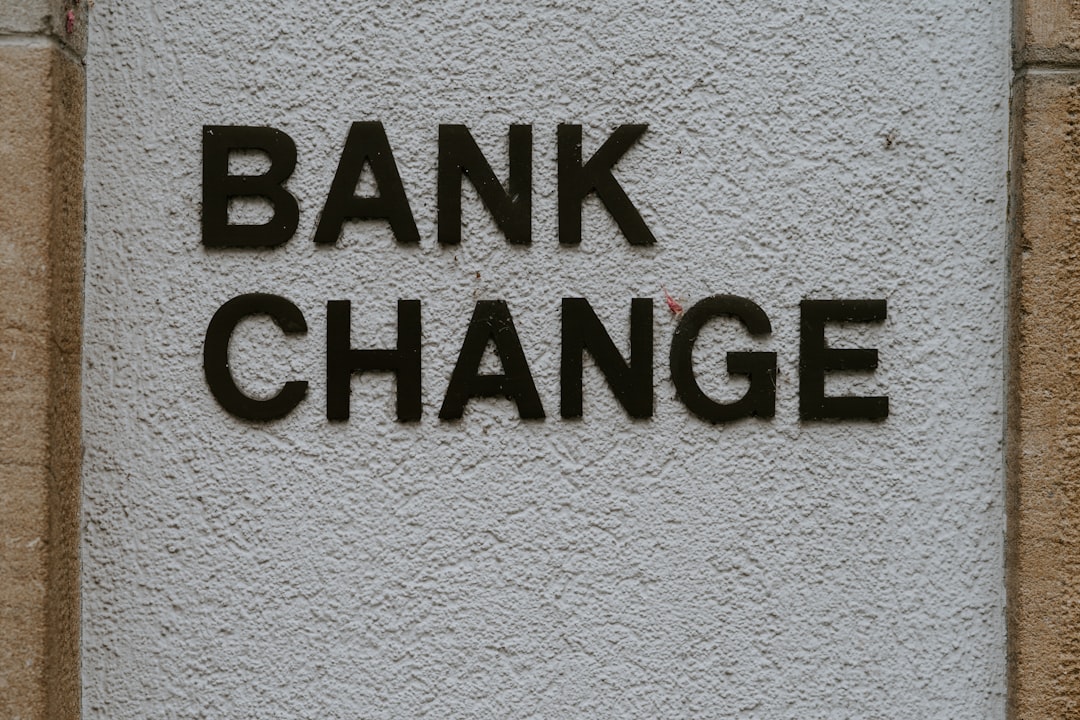When it comes to securing funds quickly, many people instinctively turn to personal loans. Greater Personal Loans, like many other lenders, offer flexible terms and fast approval rates. However, not everyone qualifies for these loans due to strict credit requirements or high-interest rates. Fortunately, there are several reliable alternatives worth exploring for those in need of financial assistance. Whether you’re aiming to consolidate debt, cover an emergency expense, or fund a major purchase, these options might provide you with more favorable terms and less financial stress.
1. Credit Union Loans
Credit unions are member-owned financial institutions that often provide better loan terms than traditional banks. Since they don’t operate for profit, their interest rates are typically lower, and eligibility requirements might be more lenient compared to major lenders like Greater Personal Loans.
Benefits:
- Lower interest rates
- Flexible repayment terms
- Personalized customer service
Many credit unions also consider your relationship with the institution rather than just your credit score, which makes securing funds a little easier for those with less-than-perfect credit.

2. Peer-to-Peer (P2P) Lending
Peer-to-peer lending platforms like LendingClub and Prosper connect borrowers directly with investors, cutting out the traditional financial institutions. These platforms often offer competitive interest rates and a straightforward online application process.
Benefits:
- No intermediary banks involved
- Transparent lending terms
- Fair rates based on individual risk profile
P2P lending works especially well for borrowers with moderate to good credit who want to avoid the bureaucracy of banks and simplified access to funds.
3. 0% APR Credit Cards
A major alternative to taking out a personal loan is using a 0% APR promotional credit card. Some credit cards offer introductory rates lasting up to 21 months with no interest on purchases or balance transfers. This can be particularly advantageous for those who are confident in their ability to repay the amount during the promotional period.
Benefits:
- No interest for a limited time
- Immediate access to credit
- Possibility to earn rewards or cashback
However, always read the fine print. Once the promotional period ends, interest rates can increase significantly. Cards can also come with balance transfer fees or annual fees that could add to the cost.

4. Home Equity Line of Credit (HELOC)
For homeowners, a HELOC can be a compelling alternative to personal loans. A HELOC is a revolving line of credit secured by the value of your home. Because it’s tied to your home equity, the interest rates are usually much lower than unsecured loans.
Benefits:
- Lower interest rates than personal loans
- Borrow only what you need
- Tax-deductible interest (in some cases)
It’s important to remember that a HELOC puts your home at risk if you’re unable to make payments. It’s ideal for those who have substantial equity and a stable income to manage future repayments responsibly.
5. Borrowing from Friends or Family
Though not always advisable, borrowing from someone you trust can be a quick and flexible way to obtain needed funds. These loans often come with no interest or very low interest, and terms can be customized around mutual agreements.
Benefits:
- Flexible repayment options
- No or minimal interest
- Fast access to funds without formalities
To avoid conflicts, always formalize the loan with a written agreement, detailing payment schedules, interest if any, and consequences of default.

Factors to Consider Before Choosing an Alternative
Selecting the right financial option depends on your personal circumstances, credit score, and repayment ability. Here are some key points to consider before opting for any alternative:
- Interest Rates: Make sure you’re not trading one high interest rate for another.
- Repayment Terms: Check for flexibility and ensure it fits within your budget.
- Fees: Origination fees, annual fees, or prepayment penalties can add up.
- Eligibility Requirements: Understand what qualifications are needed for each lending method.
Conclusion
While Greater Personal Loans and similar financial products can offer solid value depending on your credit history and needs, they are not your only choice. Exploring alternatives like credit union loans, P2P lending, 0% APR credit cards, HELOCs, and even family loans can often result in lower costs and fewer complications. Your financial stability and goals should guide your decision, and it’s always wise to compare terms, calculate costs, and anticipate potential risks before committing to any loan agreement.
Frequently Asked Questions (FAQ)
-
What’s the best alternative to a personal loan if I have bad credit?
Credit unions and borrowing from family or friends may be the most viable options as they often consider factors beyond credit score. -
Are peer-to-peer loans safe?
Yes, if done through reputable platforms. These platforms perform credit checks, set terms, and provide investor protection policies. -
Can I use a 0% APR credit card to pay off existing debt?
Absolutely. Balance transfer offers can help consolidate high-interest debt into one manageable, interest-free payment plan—as long as it’s paid off during the promotional period. -
What’s the risk of using a HELOC?
Since your home serves as collateral, you risk foreclosure if you’re unable to make payments. It’s a solid option for those with stable finances. -
Should I avoid borrowing from friends or family?
Not necessarily, but approach it as a formal agreement. Without clear terms, it can damage relationships.



